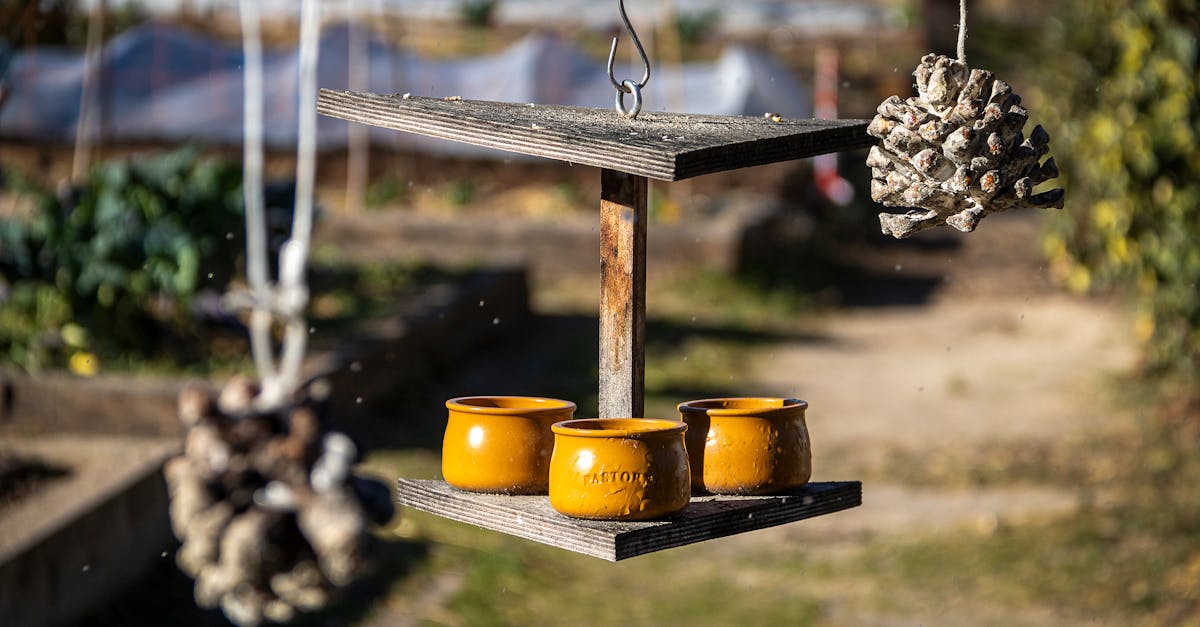The Limits of Habit
In recent years, harnessing habits has become de rigueur. From the consistently bestselling Atomic Habits by James Clear, to Charles Duhigg’s The Power of Habit, and Gretchen Rubin’s Better Than Before, some of the most popular books of the past decade have focused on why we should be using habits more strategically, and how to go about doing so.
Less talked about, but I think just as important, is the downside of habits. I don’t mean “bad” habits like smoking, chewing your nails, or the like. That is well covered in the books mentioned above as well as many other places besides.
When I say the downside of habits, I mean the risk of living too habitually. I mean what we can and do lose when we let our lives slip too much into executing against what can become a pre-programmed life built solely around our habits. This risk is present whether they be “good” habits like exercise and eating healthy, or “bad” habits like picking our noses.
It was, inevitably, contemplating a quote by Seneca that really drove this home for me.
Working through the Stoic Virtues Journal, I came across the following from Seneca: “Begin at once to live, and count each separate day as a separate life.”
It was paired with another along similar lines from the Buddha: “Every morning we are born again. What we do today is what matters most.”
Should our days be dictated too much by habit, then we treat them as if they were all the same. They bleed together. This is just another Monday, or Saturday, or Halloween, or New Year. From that input, our “habit program” begins to run, and we go through the motions, each day, month, and year nearly indistinguishable from the last.
Doing this, Seneca, Buddha, and others rightly point out, is to miss out on the new and unique life that every day, indeed every moment, presents to us. Don’t make your days too routine, because your life is the sum of your days, and do you really want your life to be one long routine?
So, who is right? The habit hackers or Seneca and the Buddha?
Perhaps unhelpfully I believe the answer is neither, and it is also both. There is a place for habit, and there is a place for improvisation. In fact, by “preprogramming” some decisions, we might increase our ability to more creatively go off script when and where we want and choose.
A famous example of this is Steve Jobs’ decision to wear the same outfit, jeans and his signature black turtleneck. By making this routine, he freed up his creative capacity for other parts of his life, allowing him to inspire innovations like the iPod, iPad, and iPhone. There are many others who do this, for example eating the same thing each morning for breakfast, or each afternoon for lunch, reducing the cognitive load required to work through things they have deemed less important so that they have greater mental and creative capacity to focus on those things they deem more important.
The essential element is to be deliberate in determining what for you can and should be routine, and to what end. Preprogramming too much of your life into habit can help you more consistently execute against the “function of life,” but it will also deprive you of actually living that life to its fullest. Failing to program enough, and the areas most important to you are unlikely to get the attention they need and deserve.
Get the balance right, however, and habits can form the basis and structure of the blank canvas on top of which each day you can paint anew the masterpiece that is your life.
It is worth noting that what should be a habit and what should not does not have to remain static. Just because you have decided that breakfast is one of those things you want to make habitual, and to be healthy you will always have oatmeal, does not mean that every now and then you shouldn’t go off the rails entirely and have waffles with berries and cream with your daughter!
Yes, there is power in our habits.
And yes, there is also life to be enjoyed by knowing habits’ limits, and when to break them every now and again.











